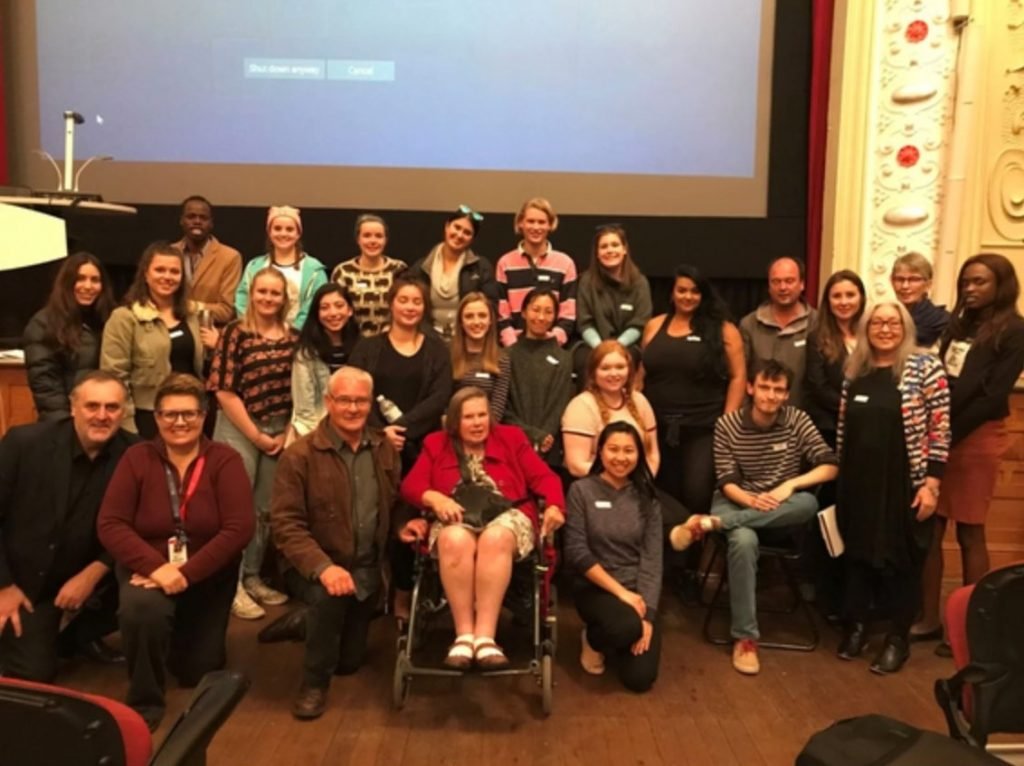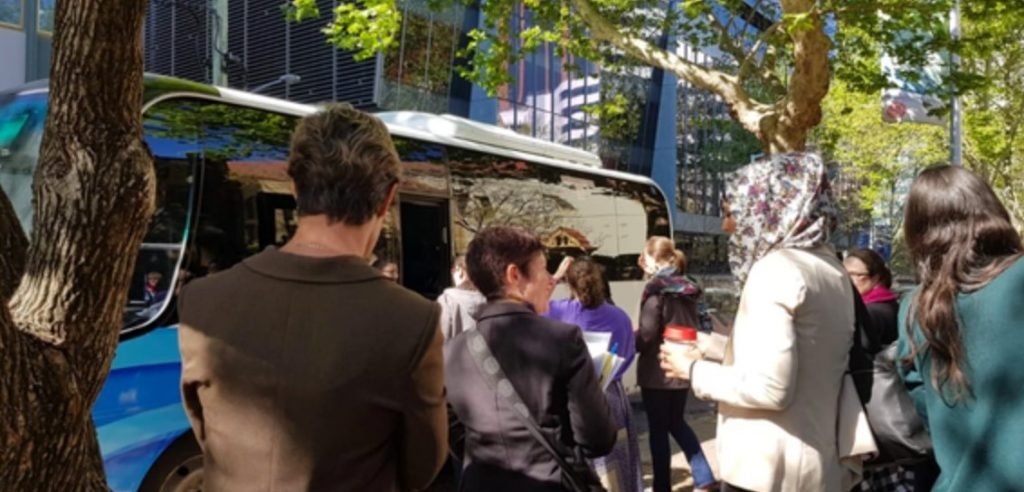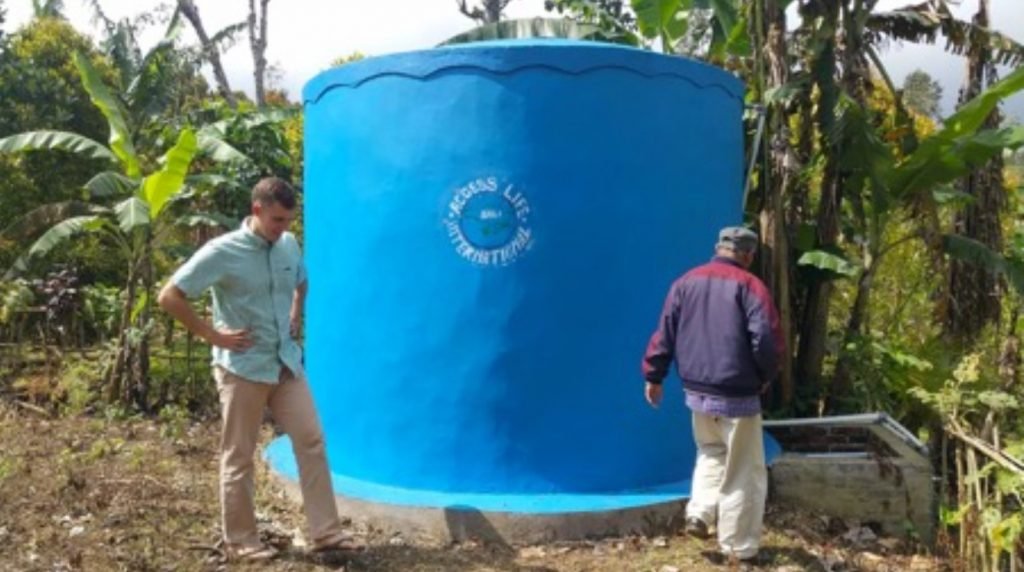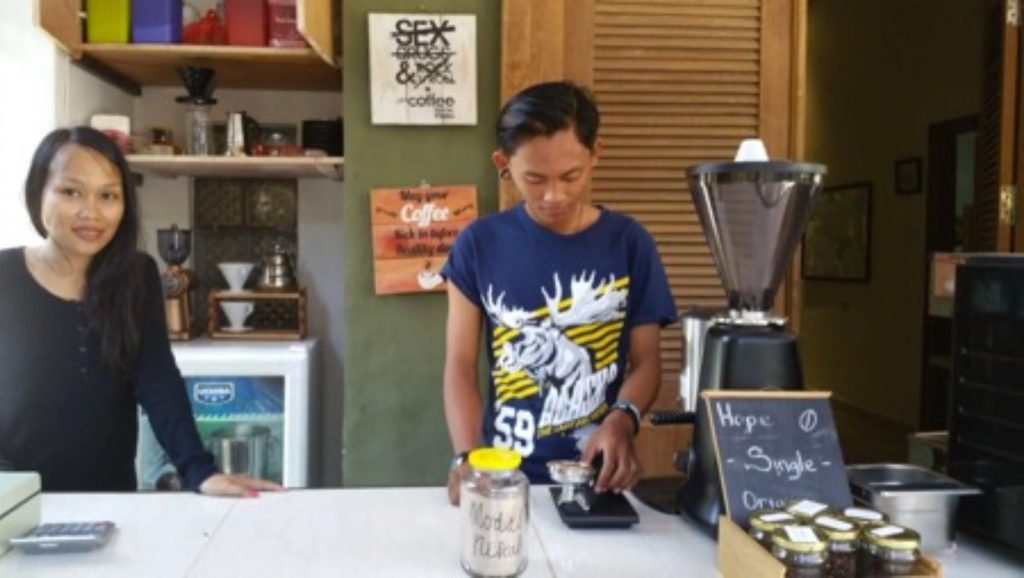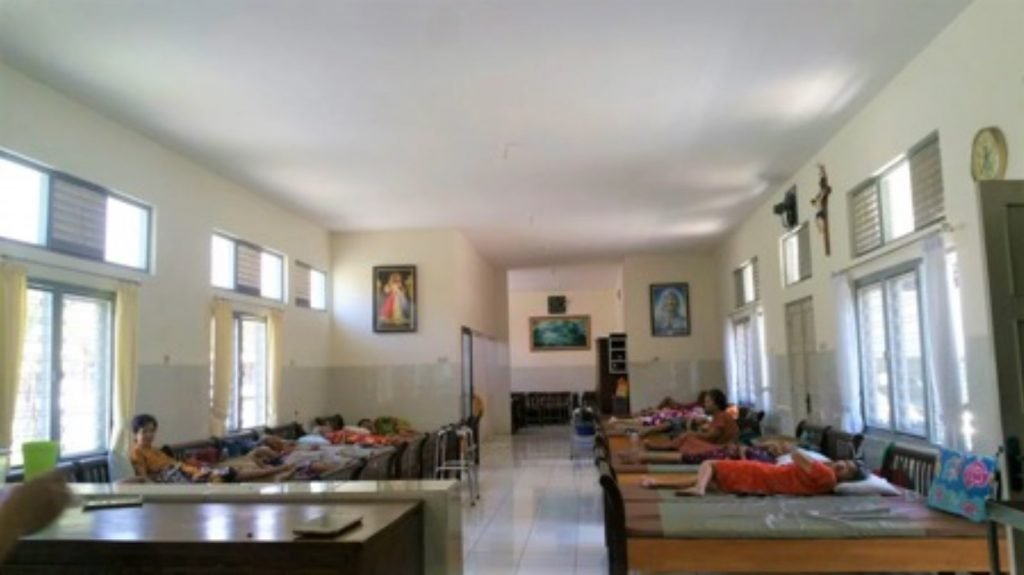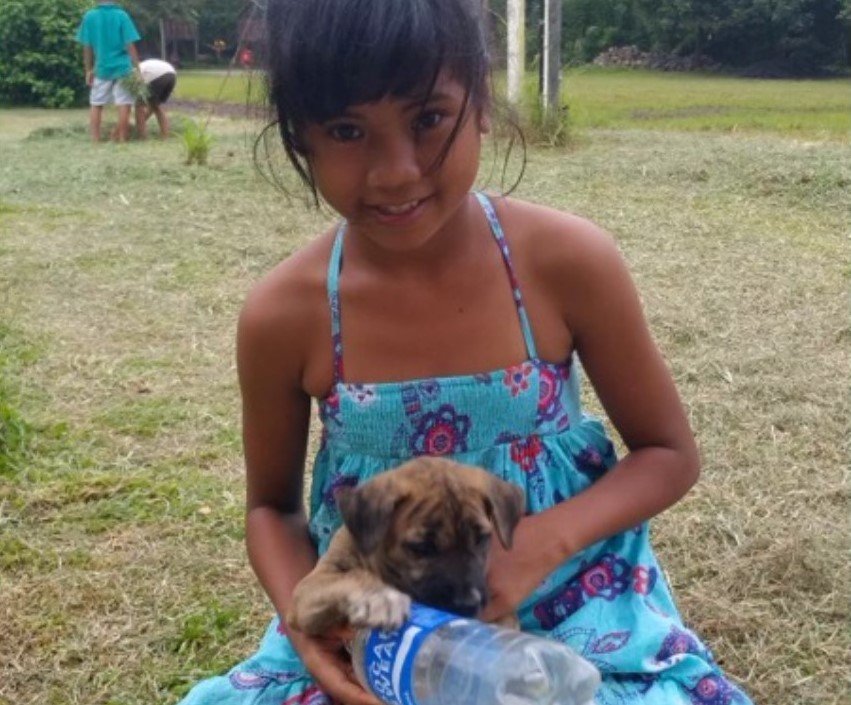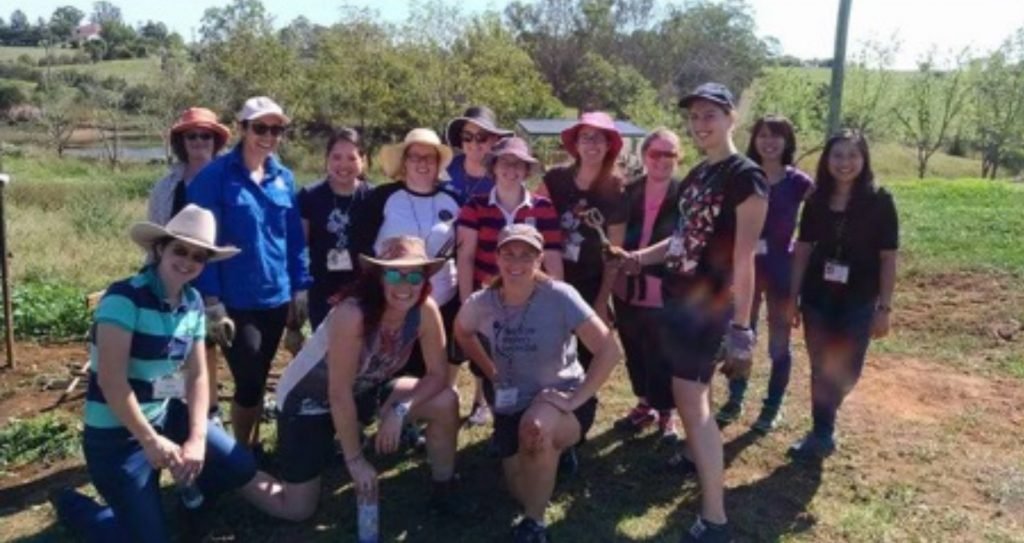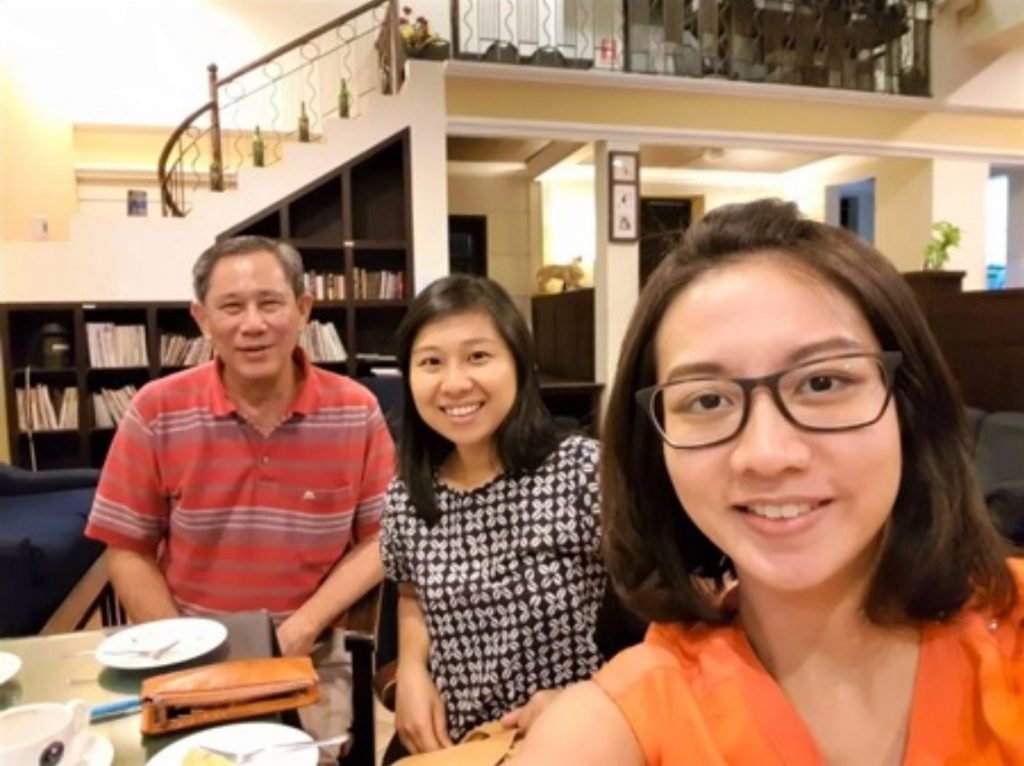20 Toilet Trips I fell ill during my visit to Semarang. In one night I probably made 20 trips to the toilet and barely got any sleep. By the morning I was weak and I thought I will go to the ER if I didn’t improve but the next day I was scheduled to fly and had meetings set up. Instead I called my friend Dr Adrian who prescribed me some medicine and told me to get in touch with his friend Dr Gabby who was also in Semarang. Taking his advice, I called Gabby who agreed with the prescription. She knew I travel alone on this trip so she came to visit me at the hotel. Gabby could see that the medicine was working so she took me out for lunch. She was very friendly and easy to warm to. After a traumatic experience the night before, it was comforting having a doctor around me for the day! As we talked Gabby told me of how she had just returned to Semarang and was looking for a job after finishing her placement in Bogor. I had just visited Bogor and knew the area she had been working in. Most people in that area are Muslim and although Gabby was in the minority it didn’t mean much to her in the face of humanity. The hospital she worked at had limited facilities and she had to make do with what she had. For her the call to serve has been one she has gladly answered. For Gabby this was a chance to start anew though she knew she still wanted to serve. I could tell she had a heart for people in need. She reminded me of our friend Dr Adrian who lived in Halmahera who is thouroughly a missionary doctor. He volunteers in a clinic serving people with HIV, leprosy and tuberculosis. He works with limited resources but does all he can for the people he treats. Gabby understood why he would do this because she would do the same. The Perfect Pants After lunch my next meeting was with Antonius Gunawan, the founder of Wisma Rela Bhakti. As our friendship was just starting Gabby came with me. He told us of how Wisma Rela Bhakti started and the experiences they have had since then. Antonius was pleased to hear Gabby had applied for a job at Rumah Sakit Elizabeth, the hospital next door to Wisma Rela Bhakti. The religious sisters of the hospital were already working with the home, treating residents for free. He offered to put in a good word for her, most likely ensuring her the role. While Gabby appreciated the offer, she politely declined and was determined to follow the natural process. My next appointment was giving a talk to over 50 people at a private evangelisation school. I was asked to share what iti is like to follow Jesus as a young woman. Gabby offered to drive me there but there was one problem; she was wearing shorts. She felt that was not appropriate for the occasion. This meant we only had an hour to leave Antonius, find parking and buy long pants for her to wear. We prayed as we looked for parking at the shopping centre, asking God to lead us to the perfect pants. He did and we made it in time for the talk. Afterwards we went for dinner with some of the people who had been there for the talk including Fr Aria Dewanto, SJ. Gabby had only planned to be with me for lunch but that night, as she took me back to my hotel, I knew how warm and generous she was with her time. Deus Providebit A couple of weeks after my visit Gabby was hired to work at Rumah Sakit Elizabeth. Through the collaboration with Wisma Rela Bhakti, Gabby got to see the work Antonius and his staff were doing. The centre is developing to help more people through Rumah Kasih Fransiskus, the latest home for the elderly. The home always requires more medical professionals to take care of the elderly people who come in. When construction began on the new house Antonius says God made him stupid. He had no idea who would run the activities or what to have the volunteers doing. He chose to surrender, telling himself ‘Deus Providebit’ – God will provide. Antonius relied on other people for help and seeing the vibrance and energy of the volunteers inspired him. The Story Forward Rumah Kasih Fransiskus is run with Jesus’ teaching from Matthew 25:40 “whatever you did for one of the least of these brothers and sisters of mine, you did for me”. Encouraged by the community spirit, Gabby now volunteers her time to care for the elderly. Being treated by the young doctor or cheered up by the young volunteers makes the elderly people feel nostalgic, reminding them of their own children/family. For the young volunteers they care for the old people as they would for their parents. Rumah Kasih Fransiskus has two sections with one half providing aged care activities such as the Parents Day Care where young working people can drop their parents off for the day while they go to work. Before, the parents experienced loneliness being left home alone. With the Parents Day Care, they have opportunities to interact with other people. It also provides physical and spiritual activities, such as arts & crafts, singing, prayer, hairdressing and sewing. In the other half of the building volunteers provide free food for builders and heavy labourers working in the area. Antonius believes the success of the home is a sign of God’s glory. Looking back, Gabby remembers her first meeting with Antonius and how he first inspired her to get involved. Now she is proud of the opportunity to serve those in need, encouraging doctors and nurses to do the same. With her skills and education, she has gone further to volunteer with care and compassion. …
Meet Dr. Gabby Read More »
